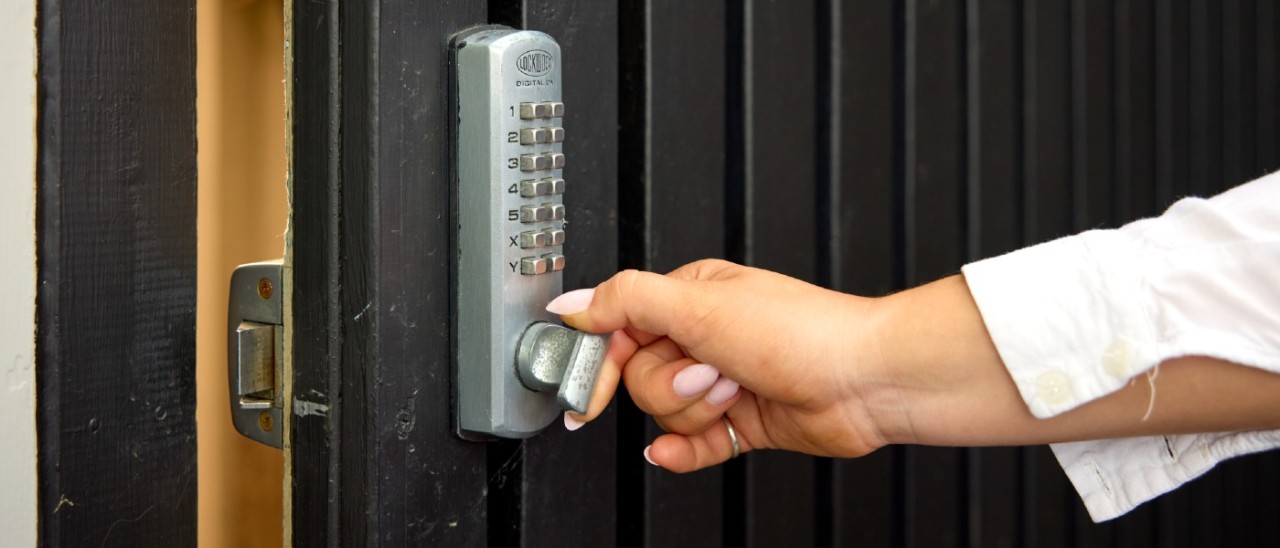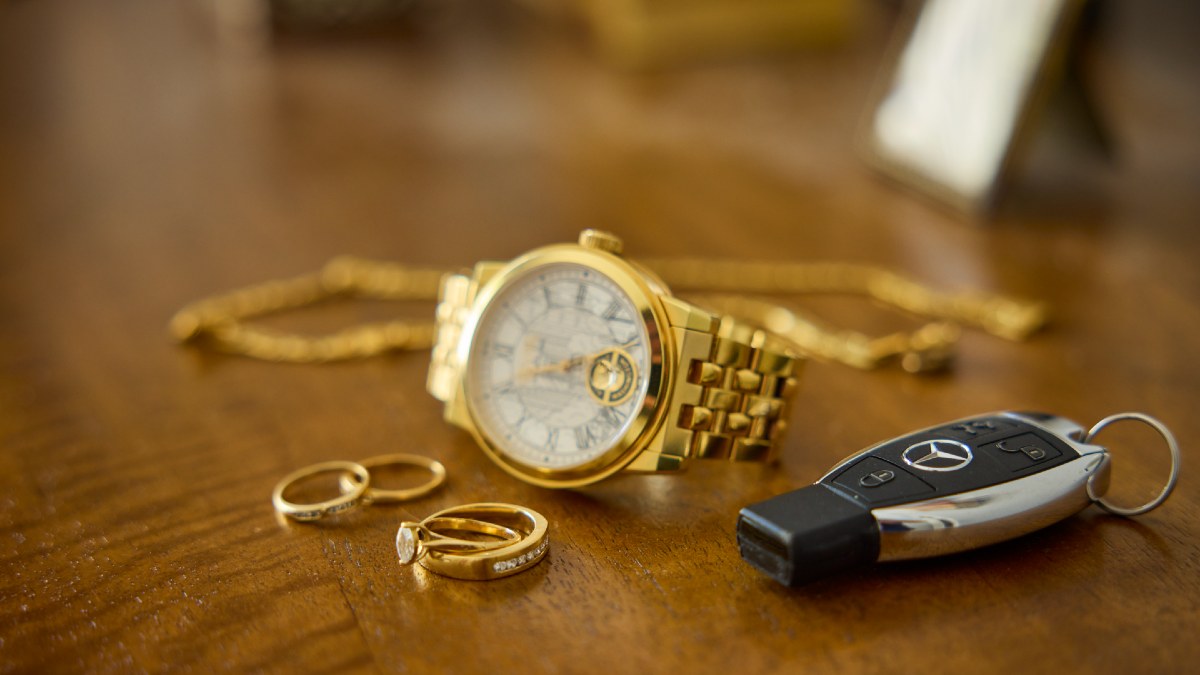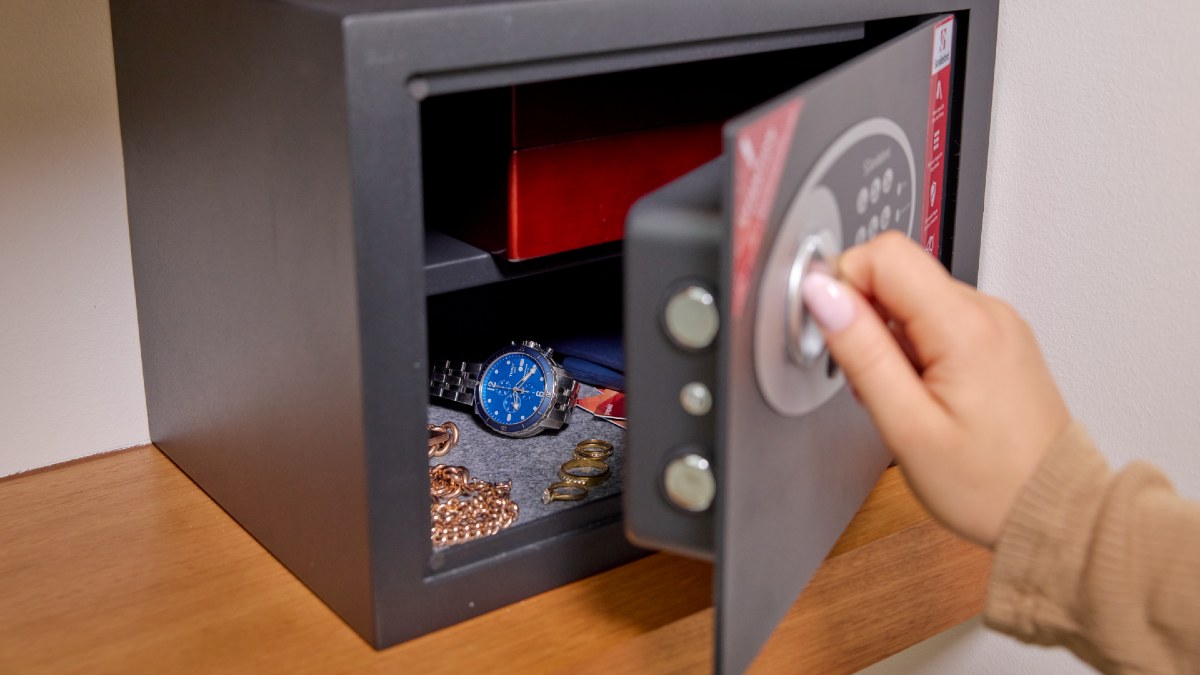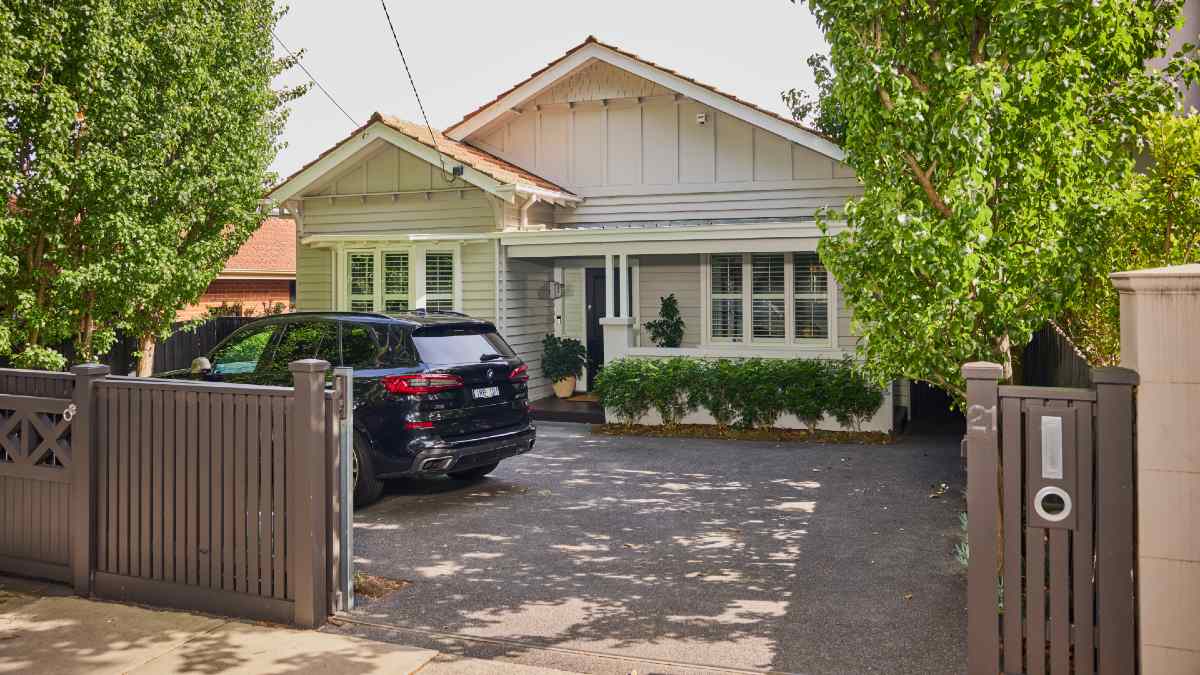Learn how to insure your handbag, including luxury and designer bags, against events like theft and damage by using your contents insurance policy.
What to do after a burglary

If your home gets broken into, you may feel anxious and confused about what to do. Here’s a step-by-step guide on what to do after a burglary.
Victoria had 30,831 residential burglaries in the year ending March 2025, nearly 19 per cent more than the previous year, according to Crime Statistics Victoria (CSA). Top targets included cash, documents, car accessories, electrical appliances, power tools, clothing, and jewellery.
It's normal to feel anxious or nervous after a burglary. Here are some guidelines for what to do post-burglary to secure your home, report the crime, and claim on your home and contents insurance if you have a policy in place for an insured event such as theft.
Checklist for what to do after a burglary
Make sure you and your family are safe
If you suspect the intruder may still be inside your home, do not enter. Your safety is far more important than any possession. Go to a neighbour's house, get back into your car or move to a safe location, and call 000 right away.
Even if you believe the burglars have gone, be cautious. Check for signs of forced entry, broken glass, damaged doors or windows, and avoid touching anything until police arrive.
Report the burglary to the police
Call the police as soon as possible. To report a burglary after the fact, call the Victoria Police Assistance Line on 131 444 or use Victoria Police's online reporting tool.
To help the police, write down everything that you remember about the burglary. Note down (if you know) when the burglar entered and left your property, whether they had a weapon, which rooms the burglar went into, and your list of stolen property.
If you saw the burglar, note any identifying features that you remember. Height, weight, hair colour, eye colour, scars, piercings, tattoos and clothing are all idenfying features that the police may ask you about the offender.
Likewise, if you saw the burglar's car, write down its make, model, colour, registration number, and which direction it drove off in.
A Crime Scene Officer from Victoria Police may attend your house after a burglary if they believe evidence may be present.
Obtain a copy of your crime report for insurance purposes
Your insurer may need a copy of your police crime report to process your claim. When you make a report via the Police Assistance Line, you will receive a Victim Letter (usually via email), which will contain your report number.
You can also apply for a past crime report detailing your property damage or loss online at the Victoria Police website. There is a one-time search fee for a crime report application, currently listed at $79. Ensure the crime has been reported to police with your name registered before applying for a copy of the report.
If you discover additional missing items later or find new evidence, you can contact the police to update your report.

Top theft targets include jewellery and car keys.
Document the damage and any missing items
Once the police have attended the scene and confirmed that your home is safe to enter, walk around the house and write down everything that was stolen for your insurer. Collect evidence by:
- photographing forced entry points, broken windows, damaged locks and any ransacked rooms
- noting down missing or damaged items, including brand, model, serial numbers and approximate value
- collecting receipts, warranties or valuation certificates for valuable items like jewellery, electronics or artwork as evidence for your insurance claim
- downloading security camera or smart doorbell footage to share with police and your insurer.
Check whether your cash, electronics (smartphones, laptops, televisions), spare keys (home and car), valuables (tradie tools, jewellery, white goods), or identity documents that could help burglars to fake your identity (bills, bank statements, passports) are missing. Make sure to cancel any credit or debit cards that were taken and notify your bank of their theft. If your phone was taken, change your passwords and notify your mobile phone carrier.
Make a home insurance claim
You may be able to replace stolen items and damaged property from a break-in by claiming on your home and contents insurance. Check your insurance policy to see what you may be entitled to after a burglary.
Follow this guide on how to make an insurance claim for an easy step-by-step checklist that you can follow. In general, you will need your insurance policy number, the police report or reference number, your list of stolen and damaged items, and evidence like photographs of damage to your home.
You may also find it useful to learn how to make a home inventory for insurance claims, and how to avoid undervaluing your possessions so you aren't underinsured.
Urgently carry out any necessary repairs to your home
If a burglar forced entry into your home, you may need to repair a broken door or window. The burglar may also have damaged internal doors and other parts of your home during the break-in. Remember that many burglaries are repeated, so it’s very important to quickly repair and reinforce any entry points.
Get help with emergency repairs of doors and locks with 24/7 emergency trades*, with help usually arriving within the hour. Consider upgrading your door locks to deadlocks or smart locks. It's worth looking into window locks and garage door locks too.

Consider getting a safe for your valuables.
Help protect your home from repeat invasions
Make sure to secure your property by:
- keeping all access points locked, including front, back and side doors, garage doors, windows, gates, skylights, mailboxes and pet doors
- installing a monitored alarm systems or smart security system that can alert you and emergency services immediately
- removing spare keys hidden outside your home and avoiding key safes
- adding CCTV or video doorbells to deter would-be thieves and record evidence
- improving lighting around entrances, driveways and side paths with motion-sensor lights
- removing hiding spots by trimming back large bushes or overgrown gardens.
When you're away from your house for a long time, such as on holiday, make it look like someone is still home. You can do this by getting a house-sitter, avoiding advertising your holiday plans online or uploading holiday photos until your return, setting timers to turn lights and the television on and off, or installing a video doorbell to remotely respond to someone ringing your doorbell or approaching your home. Consider letting Victoria Police know that you'll be away from your residence too.
Learn more about how to improve your home security and home security devices to keep your house monitored and protected.
Secure valuables in your home
Inside the home, secure valuables with a safe and keep expensive items away from windows. Consider marking them with your driver's license number using an engraver or ultraviolet marker: thieves may not take marked property, as they are harder to sell.
You can also help protect your valuables by:
- storing passports, birth certificates and spare keys in a secure, hidden safe
- avoiding leaving laptops, tablets or wallets near windows or doors
- backing up important digital files to secure cloud storage
- installing 'Find My' applications on electronics and GPS trackers on motor vehicles to help police locate your missing valuables
- not leaving boxes on your nature strip when you purchase new items: this advertises to would-be burglars what you have inside, so cut up any boxes and put them in your recycling bin.

Check your property's entry points, including gates, garages and doors.
Join Neighbourhood Watch
Bambi Gordon, CEO of Neighbourhood Watch Victoria, encourages all Victorians to join Neighbourhood Watch to become an active part of your community's crime prevention efforts.
"Knowing your neighbours isn’t just about friendship and community connection," she says. "It is also a proven crime prevention tactic. Recognising who doesn't belong can help to alert you to the potential for burglary or theft of cars. Joining your local Neighbourhood Watch can also give you access to local police so that you can share any general issues. As a Neighbourhood Watcher, you will have access to quality information about what is – and isn't – happening in your community."
When you're away, you can also ask a neighbour to help keep your home looking inhabited by collecting your mail, taking out and bringing in your bins, maintaining your lawns, and occasionally parking their car in your driveway.
"To prevent future crime, generate a customised report of the crime prevention tactics you can directly apply to your home," Bambi recommends. You can do this by visiting How Safe is My Place. This website and app helps you identify weak spots in your home security and provides tailored steps on how to improve it.
Seek additional support if needed
Experiencing a crime can be distressing and disruptive. You can learn more about the effects of crime on the government's Victims of Crime website. If you need additional support, seek out a mental health professional who can help you talk through the event and its aftermath.
The information provided is general advice only. Before making any decisions please consider your own circumstances and the Product Disclosure Statement and Target Market Determinations. For copies, visit racv.com.au. As distributor, RACV Insurance Services Pty Ltd AFS Licence No. 230039 receives commission for each policy sold or renewed. Product(s) issued by Insurance Manufacturers of Australia Pty Ltd ABN 93 004 208 084 AFS Licence No. 227678.
* RACV Emergency Home Assist is an emergency home service product, separate to insurance, that is provided by Royal Automobile Club of Victoria (RACV) Ltd and not RACV Insurance Services Pty Ltd. It is a fast response service for common plumbing, electrical and locksmith emergencies, all for one annual fee. Up to 1 hour of labour, including minor parts and materials, is used to repair or make your home safe. Emergency Home Assist does not insure you against the costs of a home emergency and is not a home insurance product. Call outs are unlimited, subject to the fair use policy. Refer to the RACV Emergency Home Assist Terms and Conditions for more details.


